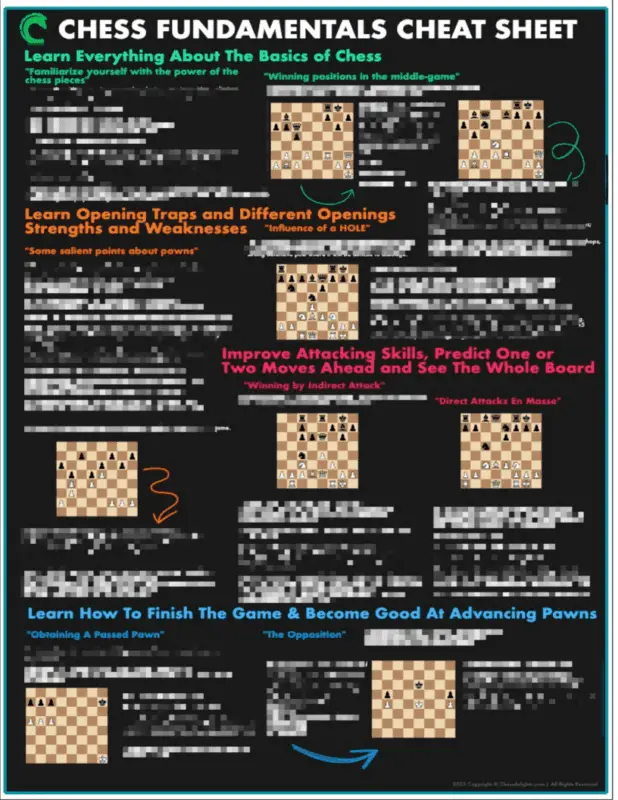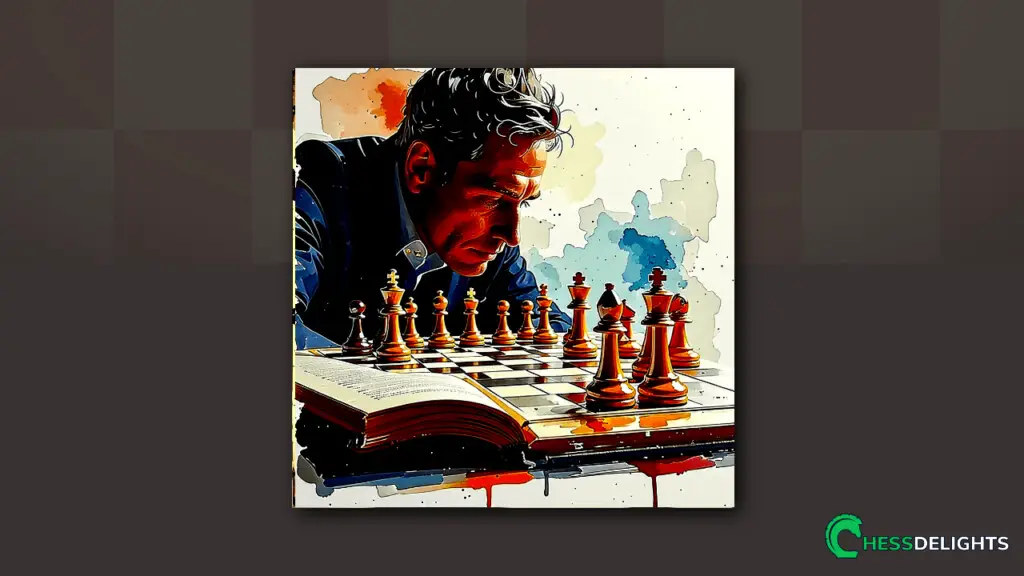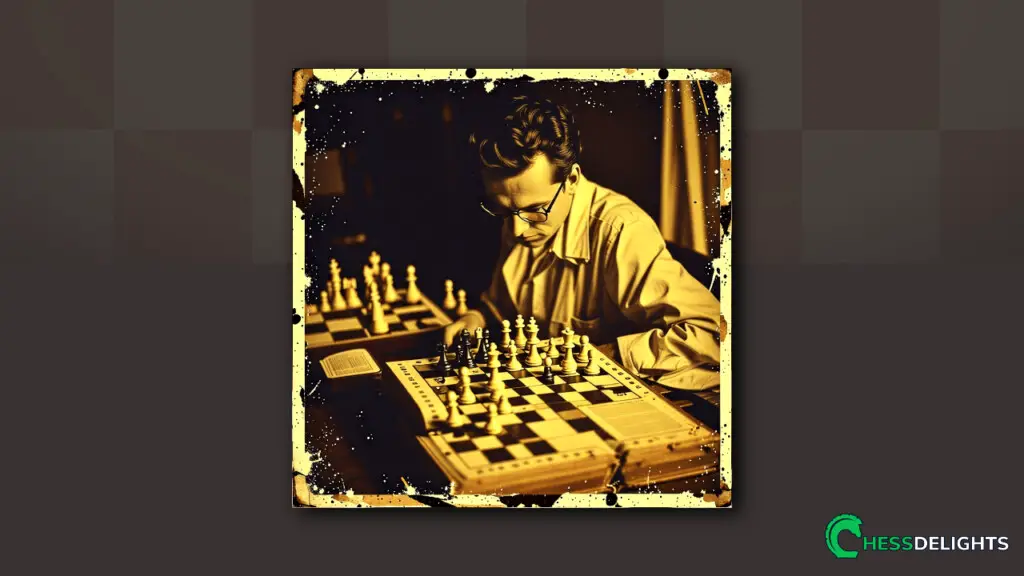If you're like me, a chess enthusiast seeking to step up your game, understanding positional play is a crucial next step. Knowing the right chess strategy and recognizing chess patterns can dramatically boost your gameplay.
Many resources can help with this, and one of the most effective methods is through positional chess books. So, I've curated a list of top-notch books that can help us master this complex aspect of chess. These books vary in complexity, catering to everyone from beginners to club players.
So, whether you're looking to understand a chess move better or yearning for comprehensive positional chess improvement, this list will have something for you. Let's dive in!
Table of Contents
List of Positional Chess Books
The selection below offers a plethora of positional chess resources. Each book presents unique insights and methodologies to help elevate your chess tactics and strategy.
1. “How to Reassess Your Chess” by Jeremy Silman
This book was a game-changer for me as an intermediate player. The focus on enhancing positional understanding was huge – before reading it, I was very focused on tactics, but Silman's book showed me the importance of thinking strategically about the position of all my pieces, not just the ones I was immediately planning to move.
The book is exceptionally clear and well-structured, and I felt like I was learning something new with every page. This book has made me a more thoughtful and effective player.
Recommended Reading: If you want to learn techniques to read and study using chess books, read this article.
2. “The Amateur's Mind” by Jeremy Silman
As someone who started their chess journey relatively late, I found “The Amateur's Mind” to be an invaluable resource. Silman’s insights into common amateur mistakes were incredibly helpful. He provides concrete examples and clear explanations of why certain moves or strategies can lead to trouble. Reading this book helped me avoid a lot of the pitfalls that beginners often fall into, and I felt my game improve dramatically after reading it.
3. “Giants of Chess Strategy” by Neil McDonald
While this book might not delve deep into each topic, it provides a broad overview of different strategies that I found really enlightening. It features analysis of games from some of the greatest chess players in history, and I learned a lot by seeing how these players approached the game. It gave me a deeper appreciation for chess strategy and the different ways to approach a game.
4. “Chess Structures: A Grandmaster Guide” by Mauricio Flores Rios
This book is a comprehensive guide on pawn structures and their strategic implications. Before reading it, I didn't fully appreciate the complexity and importance of pawn structure. The book is detailed and technical, and I would recommend it for more advanced players who want to deepen their understanding of this aspect of the game.
5. Yusupov's 9-Book Series by Artur Yusupov
This series is well-suited to a wide range of skill levels. As someone who enjoys structured learning, I found Yusupov's series to be very effective. The books progress in difficulty, allowing you to build on your knowledge as you go. I found the exercises particularly helpful, as they allowed me to apply the concepts I was learning in a practical way.
6. “Chess Training for Post Beginners” by Yaroslav Srokovski
This book was ideal for me when I was transitioning from beginner to intermediate. It focuses on developing a deeper understanding of chess strategies, which was exactly what I needed at that stage of my chess journey. The book is well-structured and clear, and I found the exercises particularly helpful.
7. “Chess Strategy for Club Players” by Herman Grooten
Grooten's book is a detailed exploration of positional concepts, perfect for club players looking to enhance their strategic play. I found this book to be incredibly helpful in improving my game and understanding of chess strategy. The depth and detail in this book is impressive, and I found myself referring back to it often as I continued to develop as a player.
8. “Techniques of Positional Play” by Valeri Bronznik and Anatoli Terekhin
This book is a practical guide with exercises to improve positional play. The authors really delve into the nuances of positional play, and I found their insights really helpful. The exercises allowed me to practice the concepts in a practical way, which really consolidated my learning. I would highly recommend this book to anyone looking to improve their positional play.
Recommended reading: If you want to learn how to effectively study using chess books, check out this article.
Each book listed offers a unique approach to learning positional chess, catering to different skill levels and learning preferences. Whether you're a beginner or an advanced player, you'll find a book that fits your learning style and helps you understand chess moves and patterns. Remember, mastering chess requires patience and continuous learning.
Complete Guides: If you want to learn more check out our complete effective learning strategies guides resource page.







